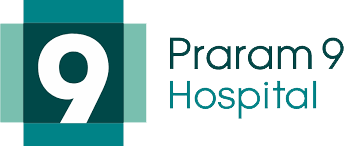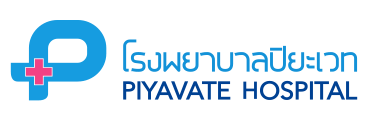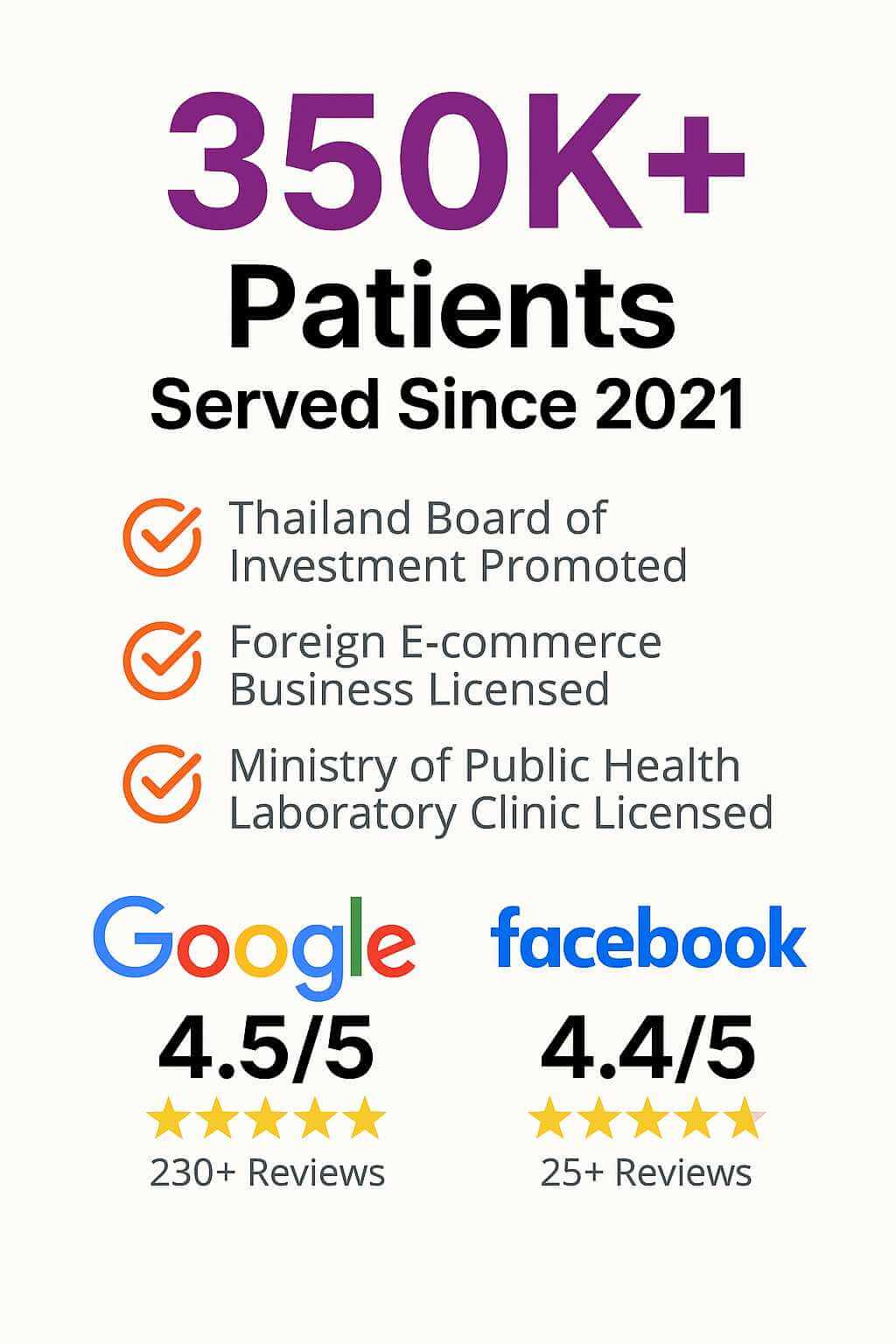
Nose Surgery
Home / Procedure Detail
Nose Surgery
- Procedure
- Nose Surgery
Rhinoplasty is a surgery that changes the shape and/or appearance of the nose. Rhinoplasty can be done by changing the bone, cartilage, skin, or all three structures.
Surgeons take multiple factors into account when planning rhinoplasty, such as other features on your face, the elasticity of your nostril skin, and what changes you would like to see. If doctors determine that surgery is right for you, they will create a personalized plan.
Why it’s done
The motivation for rhinoplasty may be to change the look of the nose, improve breathing, or both.Procedure Primary Points
- Customized Surgery: Rhinoplasty is tailored to each individual’s anatomy and goals.
- Anesthesia Options: Local anesthesia with sedation or general anesthesia is used based on complexity and preference.
- Surgical Approach: Rhinoplasty can be performed through the nose or with a small external incision.
- Bone and Cartilage Adjustment: Surgeons modify nasal bones and cartilage using various techniques and materials.
- Post-Surgery Care: Rest with elevated head position, internal dressings for days, splint for a week, and follow precautions to reduce bleeding and swelling.
What You Can Expect
Rhinoplasty does not have an ordered series of steps. Each surgery is unique and customized for the specific anatomy and goals of the person having the surgery.
During the surgery
Rhinoplasty requires local anesthesia with sedation or general anesthesia, depending on how complex your surgery is and what your surgeon prefers. Discuss with your doctor before surgery which type of anesthesia is most appropriate for you.- Local anesthesia with sedation. This type of anesthesia is usually used in an outpatient setting. It’s limited to a specific area of your body. Your doctor injects a pain-numbing medication into your nasal tissues and sedates you with medication injected through an intravenous (IV) line. This makes you groggy but not fully asleep.
- General anesthesia. You receive the drug (anesthetic) by inhaling it or through a small tube (IV line) placed in a vein in your hand, neck or chest. General anesthesia affects your entire body and causes you to be unconscious during surgery. General anesthesia requires a breathing tube.
After the surgery
After the surgery you need to rest in bed with your head raised higher than your chest, to reduce bleeding and swelling. Your nose may be congested because of swelling or from the splints placed inside your nose during surgery. In most cases, the internal dressings remain in place for one to seven days after surgery. Your doctor also tapes a splint to your nose for protection and support. It’s usually in place for about one week. Slight bleeding and drainage of mucus and old blood are common for a few days after the surgery or after removing the dressing. Your doctor may place a “drip pad” — a small piece of gauze held in place with tape — under your nose to absorb drainage. Change the gauze as directed by your doctor. Don’t place the drip pad tight against your nose. To further lower the chances of bleeding and swelling, your doctor may ask that you follow precautions for several weeks after surgery. Your doctor may ask you to:- Avoid strenuous activities such as aerobics and jogging.
- Take baths instead of showers while you have bandages on your nose.
- Do not blow your nose.
- Eat high-fiber foods, such as fruits and vegetables, to avoid constipation. Constipation can cause you to strain, putting pressure on the surgery site.
- Avoid extreme facial expressions, such as smiling or laughing.
- Brush your teeth gently to limit the movement of your upper lip.
- Wear clothes that fasten in the front. Don’t pull clothing, such as shirts or sweaters, over your head.
Medical Procedures
MedEx did help me a lot not only for connecting with clinics but also for other miscellaneous items such as visa extention. I am really sastify with the services received from MedEx. I've recommended to some of my friends to connect with MedEx too if they have plan to go for medical trip to BKK. 🙂
Engyin HtunSingapore 
Highly recommend to MedEx .They are professional and amazing team.
MedEx Staffs should have closed relationships with hospitals staffs to get more information and services.So,they can give the best services to patients.
Thomas FlyerMyanmar 
Owing to my heart pacemaker implant case, if I got a chance to refer anyone, without blinking my eyes I would refer to Vejthani Hospital. I am very grateful.
Bhagwan Ratna TuladharKathmandu, Nepal 
MedEx was very kind, patient, supportive and very helpful with my needs for seeing doctors and doing physical therapy here in Thailand. MedEx fulfilled everything I needed with my stay here with prompt actions, and I highly recommend MedEx if you are coming to Bangkok for medical treatment.
Ko Sai Aung Lwin TunMyanmar 




















